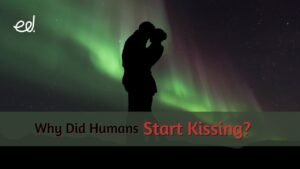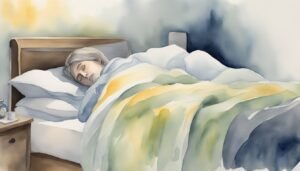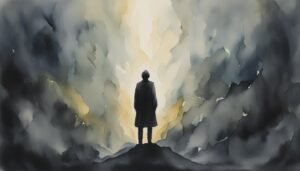Solipsistic Musings: Why You’re Not the Only Real Person in the Universe

Solipsism challenges one's perception of reality by asserting that only their mind can be known to exist with certainty.
The psychological aspects of human behavior, including studies on happiness, health, social interactions, and mental well-being.

Solipsism challenges one's perception of reality by asserting that only their mind can be known to exist with certainty.

The origins of kissing can be traced back to ancient cultures such as Mesopotamia and India, but the exact origin is unclear.

System 1 is fast and intuitive, while System 2 is slower and logical, shaping decision-making and problem-solving processes.

Sleep paralysis is a phenomenon where one is awake but unable to move, often accompanied by vivid hallucinations and intense fear.

Understanding consciousness requires philosophical inquiry, scientific study of the mind and the brain, theories of consciousness, investigation of cognitive functions and subjectivity, and exploration of altered states like sleep and hallucinations.

Consciousness shapes reality, NDEs offer glimpses, and biology seals the final curtain on life.

Tracking the moon may be crucial for quality sleep, with its phases possibly affecting sleep patterns through factors like melatonin production and light exposure.

Shame is a complex emotion involving feelings of embarrassment, pain, and inferiority, influencing self-perception and behavior.

Chronic boredom is more than occasional restlessness; it's a persistent disinterest impacting mental health and energy levels.

Facial expressions are a universal language that convey emotions and intentions, defined by configurations of facial muscle movements.